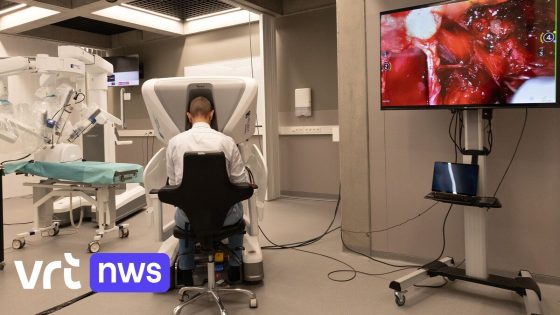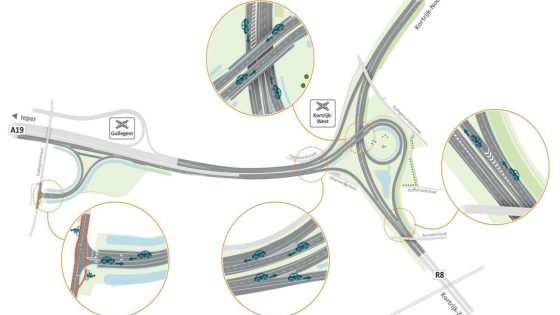Telechirurgie is transforming healthcare in Belgium, showing that remote surgery is no longer a futuristic concept but a practical reality. On 2025-05-26 19:43:00, a groundbreaking operation took place where a prostate was removed remotely from Melle to Aalst, marking the first tele-surgery performed within continental Europe.
- Telechirurgie verbeterde dankzij nieuwe glasvezelkabels
- Chirurg verwijderde prostaat op afstand succesvol
- Latentietijd daalde van 300 naar 20 milliseconden
- Operatie duurde drie uur zonder complicaties
- Collega-chirurg observeerde operatie ter ondersteuning
- Technologie overtreft verwachtingen van medische professionals
Chirurg Geert De Naeyer successfully operated using a robot at the Orsi Academy in Melle, controlling the procedure on a patient in Aalst. This milestone was made possible thanks to advanced glass fiber cables combined with 4G, 5G, and soon 6G technology, drastically reducing latency to just 20 milliseconds.
How does this advancement affect Belgian healthcare? And what does it mean for the future of surgery in Europe? Let’s explore the significance of this event and its implications for patients and medical professionals alike.
Why is this development so important? Telechirurgie could revolutionize access to specialist care, especially in regions lacking expert surgeons. The near-instantaneous communication allowed by new networks means:
- Reduced delay in surgical commands, enhancing precision and safety
- Potential for expert surgeons to operate remotely across Belgium and Europe
- Improved patient outcomes through access to top-tier specialists without travel
- New training opportunities using remote surgery technologies
As telechirurgie advances, Belgian hospitals and healthcare providers should prepare to integrate these technologies, ensuring seamless collaboration between surgeons and patients. Could this be the start of a new era where distance no longer limits healthcare quality?































